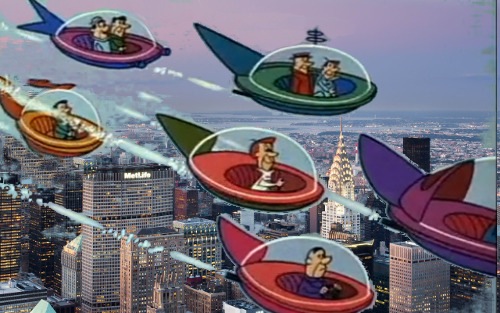LIFE IS A TREASURE WORTH FINDING
/ I’ve posted recently about the search for extraterrestrial intelligence and the (so far) lack of success. But why are we so focused on intelligence? Wouldn’t it be awesome enough just to discover life elsewhere in this vast universe? Jumping high-five awesome? For some reason most of the attention and all of the angst has been centered on the idea that there might be other species of beings out there that might be interested in us for the purposes of a) contacting, or b) conquering. Yet the search has come up empty. Well, maybe intelligent life is as rare as a politician with his hands in his own pockets, and there are lots of reasons it could remain hidden from us, but the discovery of any kind of life inhabiting other solar systems would be cause for celebration.
I’ve posted recently about the search for extraterrestrial intelligence and the (so far) lack of success. But why are we so focused on intelligence? Wouldn’t it be awesome enough just to discover life elsewhere in this vast universe? Jumping high-five awesome? For some reason most of the attention and all of the angst has been centered on the idea that there might be other species of beings out there that might be interested in us for the purposes of a) contacting, or b) conquering. Yet the search has come up empty. Well, maybe intelligent life is as rare as a politician with his hands in his own pockets, and there are lots of reasons it could remain hidden from us, but the discovery of any kind of life inhabiting other solar systems would be cause for celebration.
This week NASA announced a brand new coalition of scientific endeavours to be known as NExSS (Nexus for Exoplanet System Science). Each of the partner projects will focus on different aspects of the search for extraterrestrial life including refined spectrometers better able to detect Earth-like planets, how planets form and where, the potential habitability of exoplanets (from a human perspective), tidal dynamics, how organic elements reach planet surfaces, and a lot of other topics.
I love this idea, and not just because of its geek-cool acronym. The practical side is that the more we know about how habitable planets get that way and how life arises and survives elsewhere, the better we can understand the challenges of our own planet and maybe even find solutions to the damage we’ve done to its ecosphere. God knows, we need all the help we can get in that department. But beyond the practical is the pure stomach-tingling thrill of a treasure hunt. Finding carbon-based life on an exoplanet would be like finding a long-lost cousin you never knew you had (who doesn’t know about all the skeletons in family closets). No, bigger than that—it would be like living all your life in a sheltered village and suddenly finding out that there’s a whole world just beyond the trees. There was a hint of that when the first exoplanets were discovered in the mid 1990’s, but the confirmation of extraterrestrial life would ramp that excitement up to a whole new level. Think of all of the new questions, and the answers, and…more questions.
Does carbon-based life require DNA? A cellular structure? Does it always follow a birth-to-death life cycle, or could there be forms of life that are effectively immortal? What about sex—we’re always fascinated by sex.
What if we find life forms that aren’t based on carbon? There’s been speculation, but proof would really upset the bioscience applecart. And that could be a good thing. Sometimes the best way to advance is to throw everything you’ve known up in the air and see what new patterns form when it lands.
Whatever we learn about life elsewhere is bound to open our eyes to secrets our own planet has yet to offer up, because I’m certain we haven’t yet found every type of life the Earth has produced, hidden in the depths of the ocean or the planetary crust. Not to mention other bioscience implications like the discoveries of new potential medicines. Learning how extraterrestrial life copes with unique or harsh conditions might teach us how to protect ourselves from nasty surprises like cosmic ray bursts or asteroid strikes, too.
Most of all, I love this plan because the discovery of life elsewhere would give us somewhere to go and a reason to get there. The human race is at its best when we have goals that inspire us, nearly unattainable heights to climb. A treasure just beyond our reach that requires us to dig deep within ourselves and strive together in community.
We could really use something like that right now, and NExSS just might point the way.


